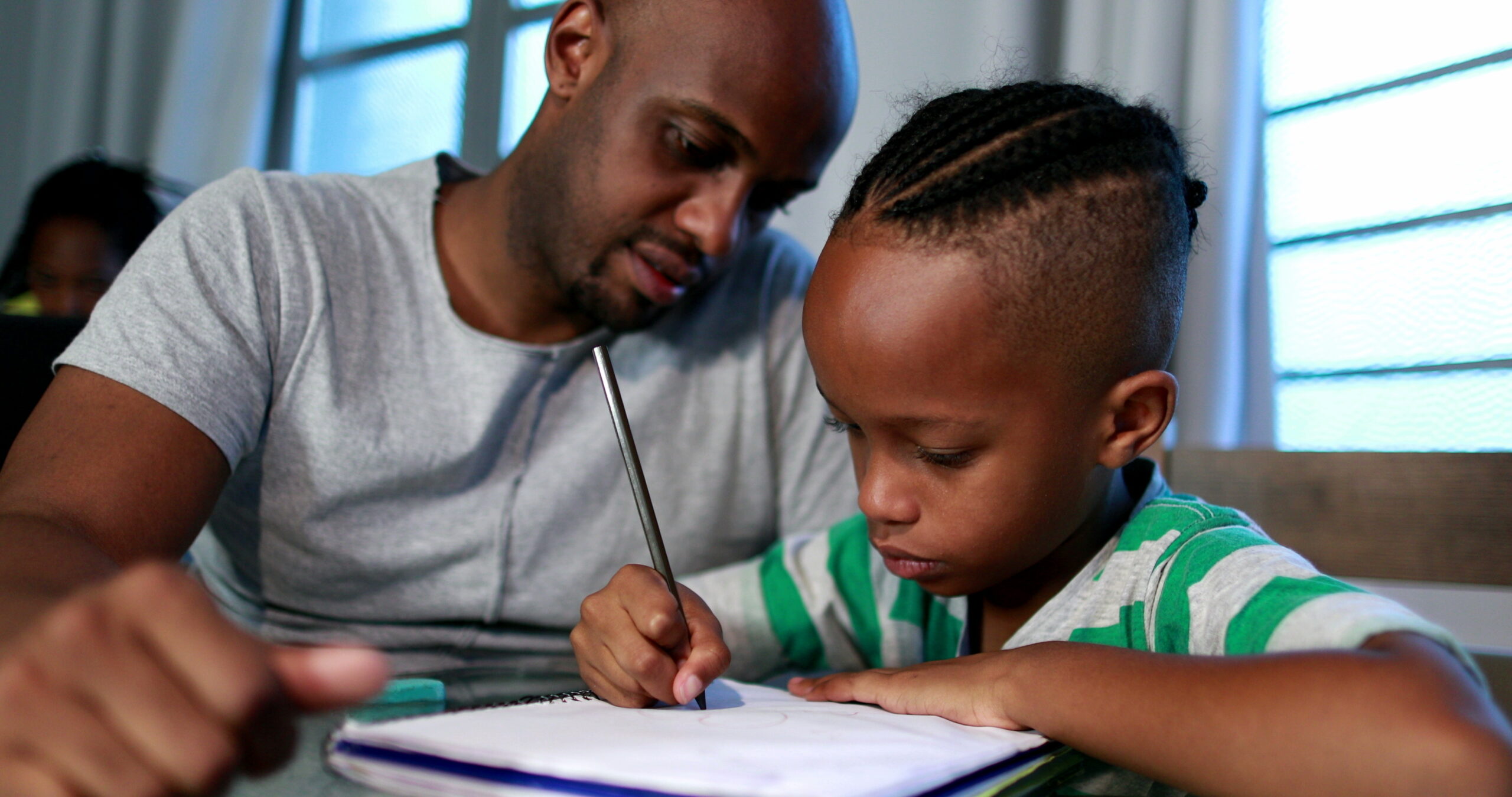he Quiet Role of a Mentor
As a father of three, I’ve worn many hats—coach, provider, protector—but one that’s become increasingly important to me is that of mentor. We often associate mentorship with the workplace or academic environments, but the most powerful and lasting mentorship happens right at home. The dinner table, the garage, the backyard—these are the real classrooms. Our kids are watching and learning every day, whether we’re intentional about it or not.
Leading by Example
The truth is, our children learn more from what we do than what we say. Whether it’s how we handle stress, resolve conflict, treat others, or manage our time—our behavior becomes the blueprint for theirs. One day, my son asked why I always clean up the garage after a project. I told him, “Because it shows respect for our space and our tools.” That stuck with him more than any chore chart ever could.
Being a mentor means showing up consistently. It means modeling honesty, humility, hard work, and empathy. When we take ownership of our mistakes, celebrate effort over perfection, or show kindness when it’s hard—that’s mentorship in action.
Everyday Life Skills Start at Home
We don’t need grand speeches to teach life skills. In fact, the most effective lessons are embedded in the simplest tasks:
- Budgeting at the grocery store: I bring my kids shopping and let them help make choices based on a budget. They learn the value of money and how to prioritize.
- Fixing things around the house: Teaching them how to use basic tools gives them confidence—and reminds them that problems can be solved.
- Time management through chores and sports: Balancing homework, practices, and screen time helps them understand responsibility.
- Cooking a meal together: It’s more than just a recipe—it’s patience, teamwork, and learning from trial and error.
These moments may seem small, but they build a foundation of independence, resilience, and competence.
Conversations That Count
One of the most powerful mentorship tools we have is conversation. Not lectures—dialogue. Ask questions. Listen. Share your own struggles and wins.
I make it a point to sit with each of my kids one-on-one once a week. Sometimes it’s just ten minutes in the car or over a bowl of cereal. I ask them what’s going well, what’s tough, and what they’re proud of. It opens doors to deeper conversations and helps them feel heard and understood.
Letting them see your thought process—how you approach a tough decision at work, why you chose to help a neighbor—teaches them critical thinking, ethics, and the value of service.
Creating a Safe Space to Fail
One of the biggest gifts we can give our kids is the freedom to fail in a safe environment. I try to celebrate effort over outcome. When my daughter didn’t make the team she wanted, I didn’t jump in to fix it. Instead, I asked her what she learned, what she’d do differently, and how she wanted to move forward. She didn’t need a solution—she needed support and perspective.
When kids feel safe to stumble, they’re more likely to take healthy risks, learn, and grow. That’s mentorship at its finest.
Passing on Values, Not Just Skills
Life skills matter. But values—those are what shape character. In our home, we talk about integrity, respect, gratitude, and perseverance. Not in a preachy way, but through daily interactions.
We volunteer together as a family, even if it’s just a Saturday cleanup at the park. We write thank-you notes. We apologize when we’re wrong. These actions teach our kids that success isn’t just about achievement—it’s about who you are and how you treat others.
Making Time When Time Is Tight
I get it—we’re busy. Between work, errands, and keeping the household running, time is tight. But mentorship doesn’t require hours of undivided attention. It’s woven into the fabric of daily life.
Invite them to join you when you’re doing something—even if it’s just changing the oil, planning a budget, or watering the garden. Ask their opinion. Let them take the lead when they can. These small moments add up.
You’re Already a Mentor
You don’t need to be perfect, have all the answers, or give long speeches. You just need to show up, stay present, and be willing to share your journey.
Your home is your legacy. The way you teach, guide, and love your children becomes part of who they are and who they’ll become. That’s not just parenting—that’s mentorship.
So the next time you’re folding laundry, packing lunches, or fixing a squeaky door, remember: you’re not just doing tasks. You’re teaching life. One everyday moment at a time.
